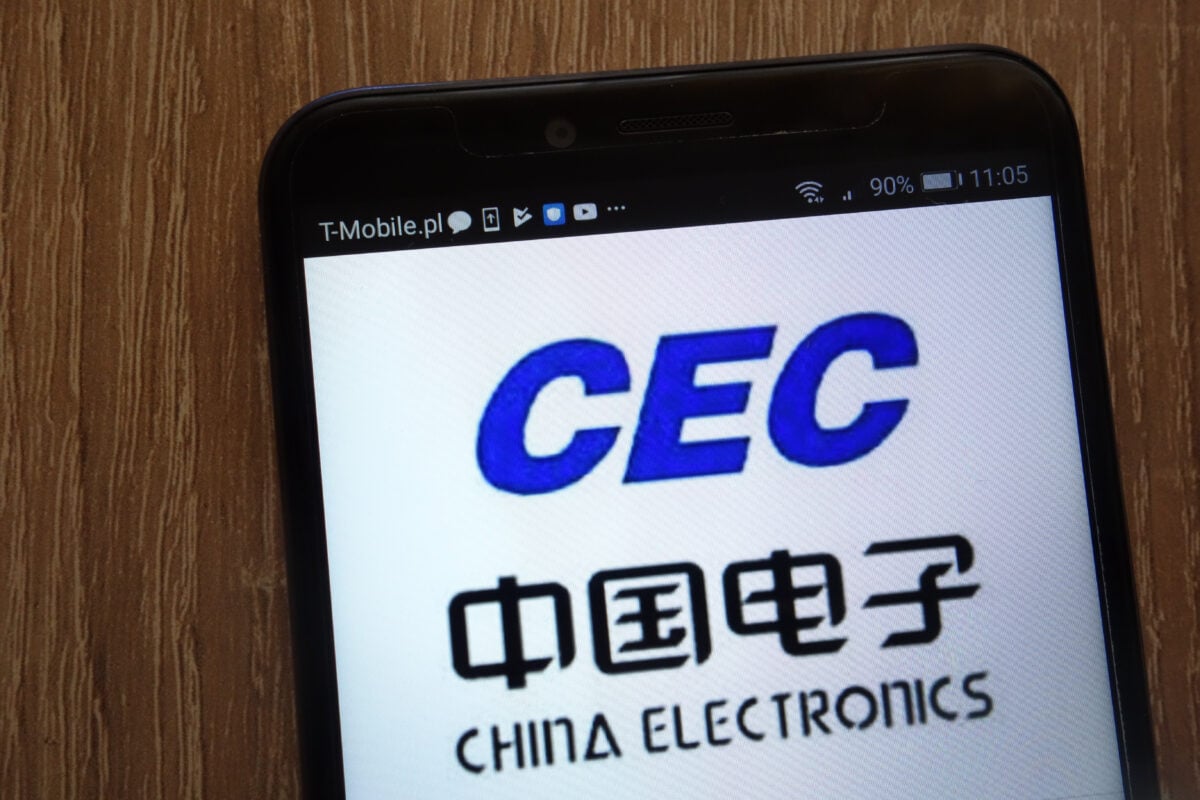TLDRs;
- China’s Kylin Software launched AI-powered Kylin V11 OS, advancing Beijing’s push for tech self-sufficiency amid U.S. tensions.
- The system partners with domestic chipmakers Hygon and Loongson, aligning with China’s strategy to build an integrated ecosystem.
- Microsoft Windows still dominates China’s OS market with 81% share, exposing challenges to Kylin’s adoption.
- The upgrade reflects Xi Jinping’s revival of self-reliance policies, positioning AI as a tool for technological sovereignty.
Kylin Software, a subsidiary of China Electronics Corp, has unveiled Kylin V11, the latest version of its homegrown operating system.
Announced at the China Operating System Industry Conference in Beijing, the release represents one of the country’s most ambitious efforts yet to reduce reliance on foreign technologies, particularly amid ongoing tensions with the United States.
The V11 upgrade comes with artificial intelligence integration and broader compatibility with Chinese-designed semiconductors, strengthening its ties with local chipmakers and positioning itself as a flagship project in Beijing’s push for technological independence.
Strategic Partnerships Strengthen Ecosystem
Kylin V11 is supported by a network of domestic technology partners, including Hygon Information Technology and Loongson Technology, two of China’s most prominent semiconductor designers.
On August 26, the new-generation Chinese operating system KylinOS V11 was officially launched at the 2025 China Operating System Industry Conference. Built on a new “Rock Solid” architecture, the system delivers significantly improved user experience, security, and ecosystem… pic.twitter.com/h95CZe3W1J
— Wind Info (@WindInfoUS) August 26, 2025
Additional collaboration extends to system vendors such as China Greatwall Technology, Unicompute Technology, Kingsoft, and ZWSoftware, reflecting Beijing’s strategy of building a tightly integrated ecosystem around indigenous technology.
By aligning with these companies, China Electronics aims not only to enhance the performance of its operating system but also to demonstrate that local hardware and software can scale together. This integration is particularly significant given U.S. export restrictions that limit China’s access to advanced foreign chips and enterprise software.
Self-Sufficiency Goals Face Market Challenges
Despite years of investment in domestic innovation, China still faces significant barriers in closing the gap with entrenched global players.
According to StatCounter data, Microsoft Windows continues to dominate China’s operating system market with nearly 81% market share as of July 2025.
Kylin’s limited adoption underscores the broader challenges facing China’s “Made in China 2025” strategy, which set out to establish leadership in ten critical industries but has struggled with implementation hurdles. For instance, while China has led global projections for chipmaking investment, reports indicate that semiconductor investment actually declined in the first half of 2025, even as funding for chip equipment surged by over 50%.
These realities suggest that while Kylin V11 represents technological progress, it remains a niche player compared to global operating systems, highlighting the gap between policy ambition and market penetration.
Historical Echoes of Self-Reliance Strategy
China’s renewed emphasis on self-reliance through projects like Kylin V11 reflects a deeper continuity in its industrial policy. Analysts note that the strategy draws historical parallels with self-sufficiency concepts rooted in Mao Zedong’s era, now revived under Xi Jinping’s leadership to confront modern challenges.
U.S. trade frictions, sanctions, and restrictions on high-tech exports have reinforced Beijing’s determination to accelerate domestic innovation. By integrating artificial intelligence into Kylin V11, China Electronics is not only improving functionality but also signaling that domestic alternatives can serve as credible responses to foreign technology blockades.
This narrative of “technological sovereignty” has been consistently emphasized by Xi’s administration, framing global competition and external pressure as existential threats to China’s growth. The Kylin V11 launch therefore functions as both a technical milestone and a political statement, reinforcing the state’s call for unity in innovation.







